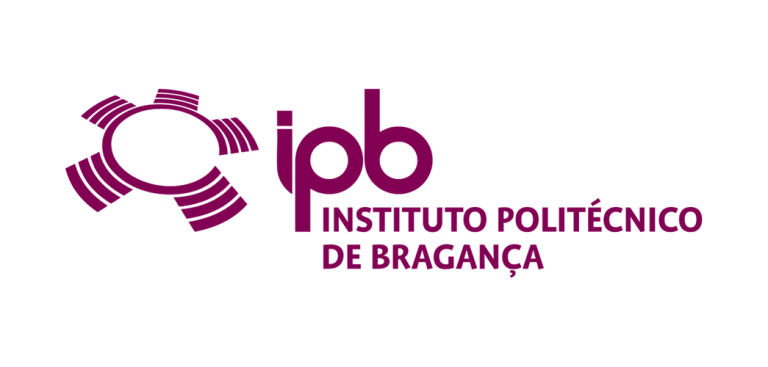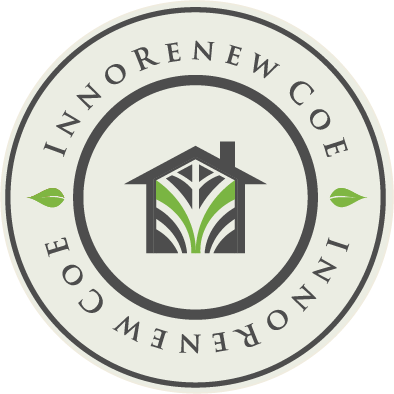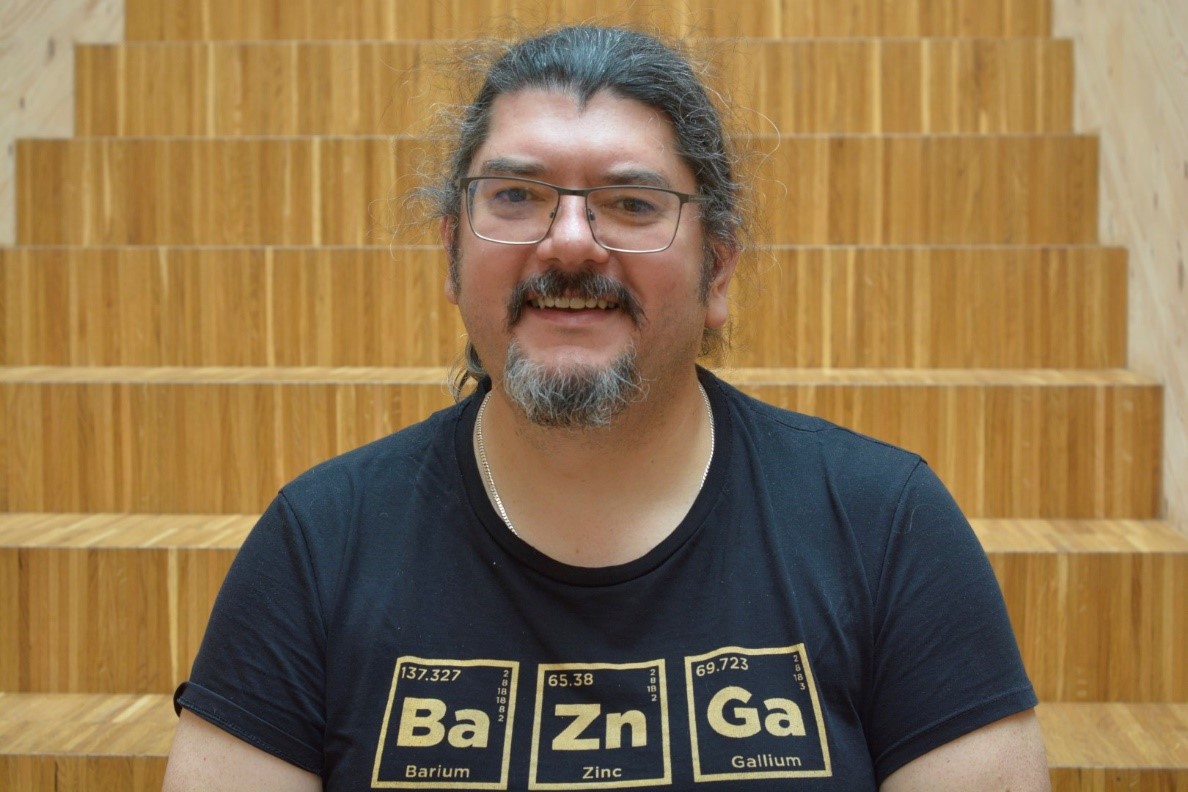Work Plan
The steps that made the project real
The structure used for the work of the project
Smart supply chain development: from an underexploited biomass to a standardized
starting material
M1-M36
WP1 goals are the following:
- To develop and homogenise methods of analysis to quantify the Suitability Parameters (SP).
- To understand how cultivation conditions and pre-treatments can modulate SP values.
- To develop methodologies, sensor solutions and data acquisition protocols for rapid in-field determination of biomass quality characteristics.
- To create chemometric models linking spectroscopic data with the functional biomass characteristics.
- To develop a Biomass Suitability Index for an optimal downstream conversion.
Multi valorisation route: from a standardised starting material to added value fractions and bioproducts
M3-M36
WP2 will develop the Smart Dynamic Multi-Valorisation-Route Biorefinery through an approximation of the multi-valorisation route design. It will combine innovative green extraction technologies and more traditional techniques with the purpose of obtaining extracts and purified fractions. A Smart Optimization Tool (SOT4.0) will be developed.
Post-extraction technologies: From extracted fractions to high added value tailor made bioproducts
M1-M36
This WP includes post-extraction technologies essentially focused on three aspects:
- Enzymatic biotransformation;
- Molecularly Imprinted Polymers;
- and Nanoparticle formulations.
Towards market applications
M6-M36
The WP will focus on carrying out the required research of applications of the bioproducts obtained in WP2 and WP3 in the target markets: food, feed, performance chemicals, cosmetics, nutraceuticals, and pharmaceutical industry.
OLEAF4VALUE impact assessment, regulatory & consumer considerations
M6-M36
Wp5 will be dedicated to the assessment of global sustainability (LCA, S-LCA, LCC), as well as to study the socio-economic repercussions, consumer health and safety while making a deep analysis of social perception towards the market uptake of the developed solutions. Regulatory assessment and monitoring will also be included in this WP since the beginning of the project.
Paving the way towards market launching
M1-M36
WP6 will develop the exploitation strategy, including market analysis and competitive watch, business case development (business model canvas methodology), IPR and data management, FTO follow-up, primary producers and stakeholder engagement and standardization.
Dissemination and communication
M1-M36
This WP will dedicate special efforts to maximize the impact of the project by defining a strategic dissemination and communication plan that stimulate the acceptance of the project concept.
WP8 Project management
M1-M36
This WP defines the role of the coordinator during the project execution.

Research groups within the O4V project
University of Florence (UNIFI)


Instituto Politécnico de Bragança (IPB)














InnoRenew CoE.












Martin-Luther-King University-Halle











